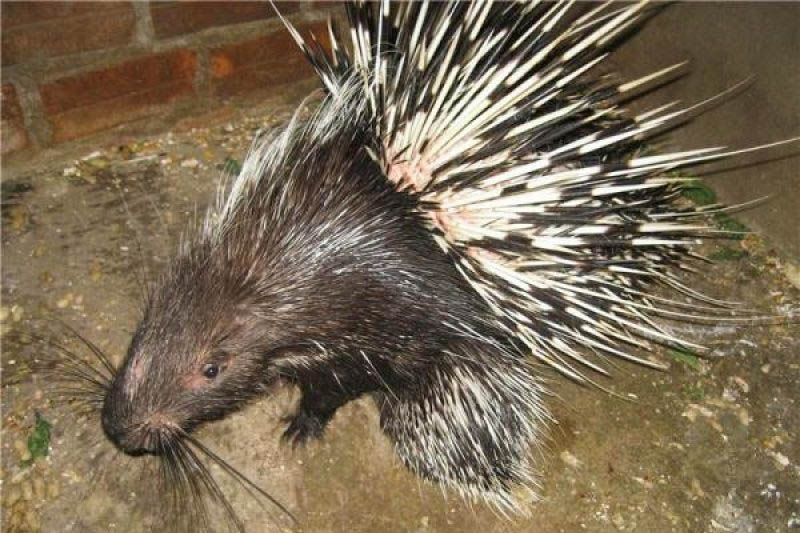With Cambodia’s Environmental Code set to be finalized by the end of this week, conservation NGOs expressed deep frustration that their repeated appeals to take the farming of wild animals out of the new law have gone unanswered.
“Wildlife farming is still in there,” Suwanna Gauntlett, country director of Wildlife Alliance, said on Tuesday. “We tried to get it out, but it didn’t work.”

The draft Environmental Code allows for farms that breed non-domesticated animals, as long as operators obtain a permit from the Environment Ministry, avoid particularly threatened species and do not capture animals from the wild, instead sourcing their stock from other farms.
Provisions for the farms, Ms. Gauntlett said, were pushed by the environment minister, Say Sam Al.
Ross Sinclair, country director of the Wildlife Conservation Society, said local communities were unlikely to be the beneficiaries.
“Wildlife farms do not bring sustainable livelihoods,” he wrote in an email. “International experience shows wildlife farming [does] not improve local livelihoods. Very few people benefit from wildlife farms, and those that do are generally not poor rural people.”
Aside from only rarely benefiting local livelihoods, said Thomas Gray, director of science for Wildlife Alliance, wildlife farming in Southeast Asia almost always leads to wildlife laundering—using a farm to legitimize the sale of illegally caught species.
“With enough space, time, expertise and money, any animals are farmable,” he explained. “But it’s always easier to go out into the woods and shoot them.”
He cited a 2010 paper on porcupine farming in Vietnam, which found that a majority of porcupine farms in the country, though claiming to breed the animals, relied on illegally caught wild stock to sustain their operations.
The paper found that almost all farmers reported no profit from actually breeding the animals.
It also said that soon after the farms were established, all but one porcupine farmer said that porcupines had been hunted out of the wild in the area near their farms.
Contacted on Tuesday, Mr. Sam Al acknowledged the concerns of the NGOs, but said that wildlife farming would stay and that sustainable practices could be found.
“The main point from all these NGOs is that we cannot control it,” he said. “We need to be strict on procedures, otherwise people will go into the forest and catch wild animals and put them in their farms.”
He described the provision as a “stepping stone” to meet the waning but ongoing demand for wild animals, illegal or not.
“For us, for example, turtle is a traditional food,” said Mr. Sam Al. “But in the long term, 10 to 20 years from now, the people of Cambodia will abandon some of these traditional foods. We need a solution for this transitional time.”